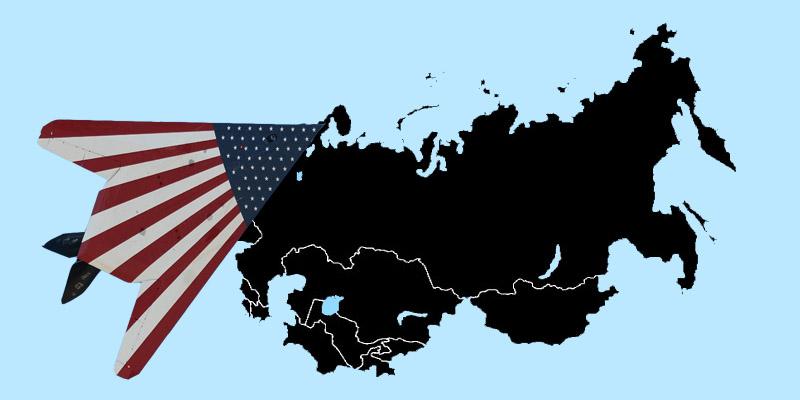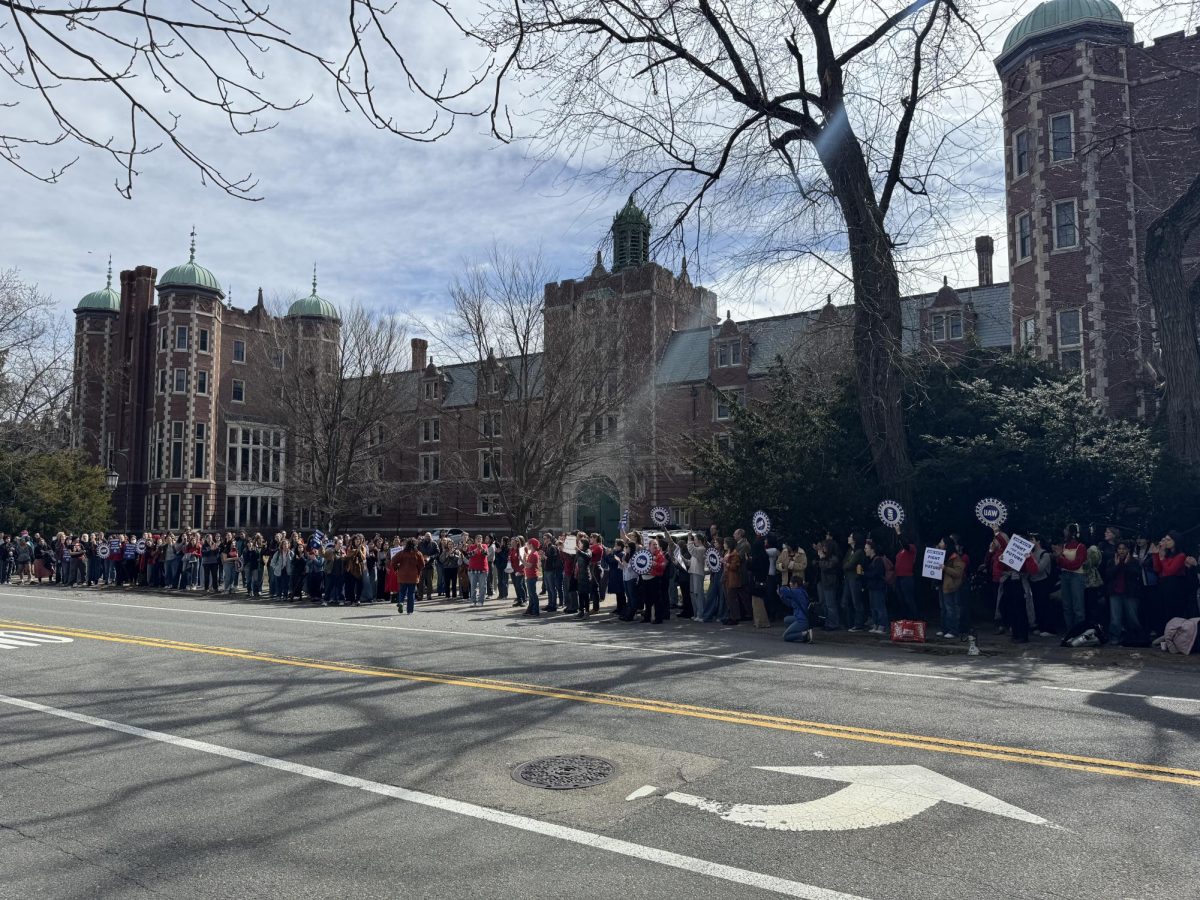Are Russia and the United States entering another Cold War? Not quite, according to Harvard Professor of Government and Russian Studies Timothy Colton. The lecture, hosted by the Russian Area Studies Department in the Clapp Library last Wednesday through the support of the Russian Department’s Kathryn Davis Fund, addressed current events that have shaped U.S.-Russia relations in the past year, including violence in Crimea and Ukraine and the recent killing of Boris Nemtsov, a former Prime Minister under President Vladimir Putin who became disillusioned and publicly critical of Putin’s regime.
Nemtsov’s death is particularly tragic because of his connection to Wellesley and the Russian Department. He visited in the 1990s and taught a section of History Professor Nina Tumarkin’s seminars. Many alumnae fondly remember his kindness and intellectual rigor.
“Boris Nemtsov was very fond of Wellesley College. He was a friend of the College, he spoke here probably, I believe around three times in the late 1990s and 2000s… he was charismatic, he was very smart, very impassioned,” Tumarkin said.
Colton opened his lecture by analyzing the historical evolution of U.S.-Russian relations. Relations between the countries began with John Quincy Adams and Fedor Pahlen serving as U.S. ministers to Moscow in the 1800s. The countries enjoyed a stable relationship until the the Russian Revolution near the end of World War I. After 1920, U.S.-Soviet relations ceased until Franklin Roosevelt’s presidency. As allies in World War II, the countries put their differences aside to stop Nazi Germany’s advances in Europe. By the end of the conflict, relations between the countries became frosty again. The Berlin Airlift and the race to invent the atomic bomb created a sense of enmity between the countries. U.S.-Soviet relations continued declining with the establishment of NATO in 1949 and the erection of the Iron Curtain in Berlin. The countries’ relationship would be mostly hostile during the Cold War with the exception of the Carter and H.W. Bush years. A wave of positive feelings towards the West and the United States came with the fall of the U.S.S.R. The countries’ relationship remained convivial until 2012, when Vladimir Putin was reelected Russian President and began a distant relationship with President Barack Obama.
After his historical overview, Colton discussed modern-day relations between the United States and Russia, focusing on Obama and Putin’s dysfunctional relationship and how world events, especially in the Middle East, have influenced an already tense relationship between the two countries. Before Putin’s reelection, he said there was a decent relationship between Obama and Putin’s predecessor, Dmitry Medvedev, and both leaders attempted to reduce misunderstanding between the countries to “reset” U.S.-Russia relations. Colton’s slideshow photo from 2014 showed Obama and Putin reluctantly shaking hands with one another with grim looks on their faces, reflecting the strained relationship between the two current world leaders. Colton spoke about Putin’s feelings of resentment and under-appreciation towards the U.S. and lack of personal connection with Obama. These leaders do not meet often and have limited instances of cooperation on issues like nuclear sanctions of Iran, withdrawal of foreign troops from Afghanistan and efforts against ISIS.
Tensions between the United States and Russia extend beyond the sphere of politics. Although the space programs of both countries — NASA and Roskosmos, respectively — have partnered in space for 30 years, their relationship has been troubled lately.
Public opinion also points to the increase in U.S.-Russia tensions. Over 70 percent of Americans currently view Russia through a negative lens, according to Colton. This contempt is mutual; about 75-80 percent of Russians view Americans negatively.
Disputes which have contributed to the deteriorating state of U.S.-Russia relations according to Colton include the West’s lack of support for Russia’s transition following the collapse of the Soviet Union, no debt forgiveness, a lack of formal resolution of the Cold War through a treaty — notably because President Clinton did not want to get involved — and disagreement over nuclear weapons and U.S. unilateralism.
Issues which are shaping and will continue to shape the ever-evolving relationship between the United States and Russia include the United States’ promotion of democracy, the question of who will control post-Soviet states and Russia’s desire to be a great power in a “multipolar” world. Especially when considered within the context of Russia’s recent annexation of Crimea, violence in the Ukraine leading to sanctions against Russia and the decline of Russia’s economy, the question of whether there is second Cold War is an inevitable one.
Yet, as Colton said in his lecture, there are signs that distinguish today’s U.S.-Russian politics from those of the 20th century. For one, there is no current arms race. In addition, Colton cited that neither side has a universalist ideology like in the Cold War. With regards to Crimea, Colton assessed that it was mostly an issue of setting bad precedent for other countries to unilaterally annex land that used to be in their territories.
“There will be a certain level of misery; I don’t think there’s going to be a miraculous solution, probably some pros and cons, and trying to rethink things over what could be many, many years, so I think we’re going to find ourselves talking about this topic more in coming years,” Colton remarked.
Reflecting on the lecture, foreign exchange student Luisa Von Richthofen ’18 enjoyed the American perspective and thoroughness of the lecture .
“I’m studying Russian and I might go to Russia next year. I’m interested in history, so I’m interested to what’s going to happen in Ukraine and about the American view because I get a lot of the European view in French, so I’m interested in that,” Richthofen said. “It was very thorough and I think it was good to get the sense of the whole crisis and it was very informative. He also answered the questions well.”
Graphic by Padya Paramita ’18, Graphics Editor
Danni Ondraskova ’18 is the Opinions Assistant Editor who plans to major in Russian Area Studies and International Relations with a concentration in politics or economics. She loves rereading Anna Karenina and listening to Romanian House music. She can be reached at [email protected].






